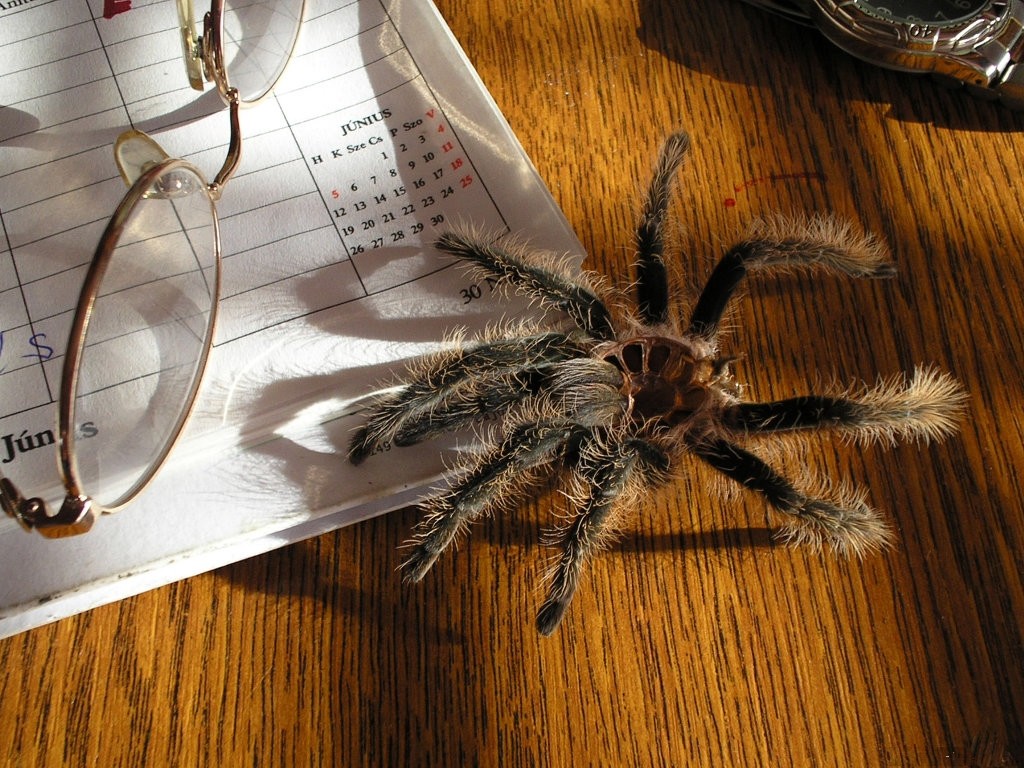We have the choice to change our minds when we can't change the situation we find ourselves in. Instead of perceiving a commitment to finish our work with dreadful anxiety, we can live in these moments with a sense of excitement.
Embrace the challenge of being creative, thus tapping into the unborn parts of the mind that are not habitually conditioned to perceiving external events.
The main difference between anxiety and excitement is the energy behind these feelings: one is driven by negative thoughts (anxiety), and the other by positive ones. All of the unnecessary suffering in our lives is self-created, and so is our happiness.
When we are able to perceive reality with an inner “eye” that can’t see itself, our hearts will have become the source of unconditioned joy.
Much love!
Valeria




